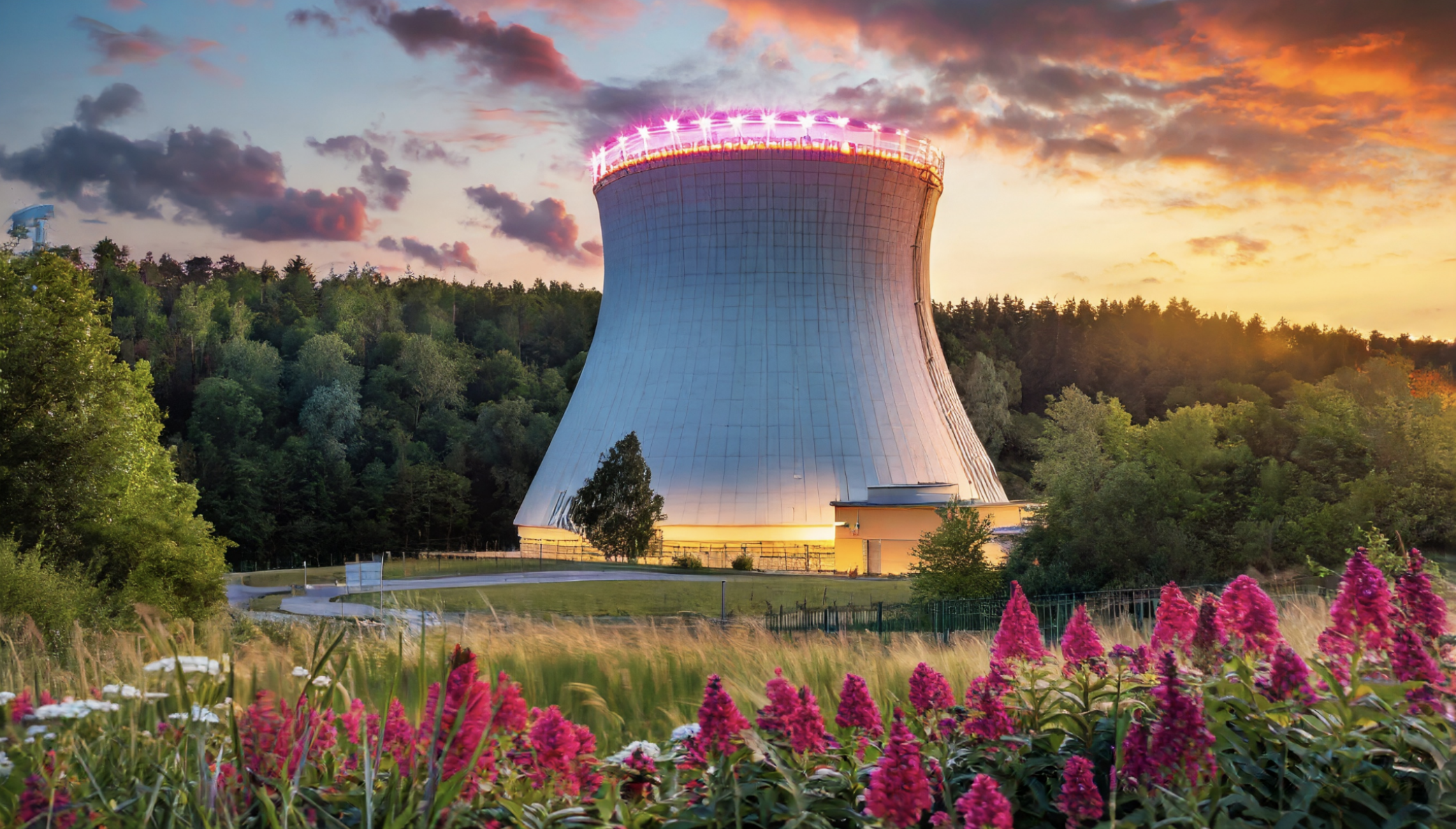As part of the Fastest Path to Zero Initiative’s commitment to workforce development, we recognize the critical need for a skilled, knowledgeable, and diverse workforce to advance the transition to zero-carbon energy. Aditi Verma, a core Fastest Path faculty member and assistant professor in nuclear engineering at the University of Michigan, contributes to this vision in her recent co-authored article, “Educating Engineers for a New Nuclear Age” published in Issues in Science and Technology. Co-authored with Katie Snyder, Lecturer in the Program in Technical Communication, and Shanna Daly, Arthur F. Thurnau Professor and Associate Professor of Mechanical Engineering, the article underscores the importance of rethinking engineering education to prepare the next generation of engineers for the challenges posed by the energy transition.
The piece highlights the need for a new kind of engineer—one who is not only grounded in technical expertise but also skilled in engaging communities and integrating social, cultural, and ethical considerations into their work. By equipping engineers with both technical mastery and ethical communication skills, courses like Verma’s ensure that underrepresented communities can actively participate in and benefit from the clean energy economy.
In the article, Verma and her colleagues argue that the next generation of nuclear engineers must engage with communities from the very start, integrating participatory design into their work. Whether working on fission or fusion energy systems, it is vital that engineers collaborate with the people who will live near and be impacted by these technologies. This community-centered approach is a departure from the traditional “decide, announce, defend” methodology, where decisions about facility siting and design are made with minimal community input.
Verma’s work is part of a broader effort to ensure that nuclear energy solutions are developed responsibly, in ways that are safe, equitable, and just. In courses like “ENGR100.910: Socially Engaged Design of Nuclear Energy Technologies,” Verma and her colleagues introduce students to the fundamentals of nuclear engineering while emphasizing the importance of community collaboration. Students learn not only technical skills but also how to communicate transparently and ethically, allowing them to design energy systems that align with community values and priorities.
Verma’s approach embodies the Fastest Path’s commitment to preparing a new generation of energy leaders who are well-equipped to tackle the complex challenges of the clean energy transition. Through initiatives like this, Fastest Path is helping to ensure that the workforce of the future is both technically proficient and socially responsible, creating a more inclusive and sustainable energy system for all.
“Educating Engineers for a New Nuclear Age“
Issues in Science and Technology
